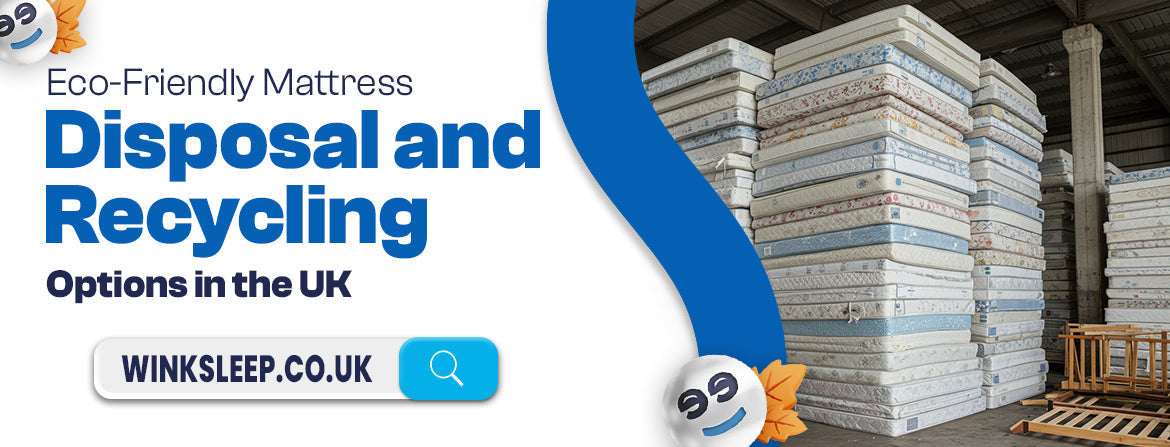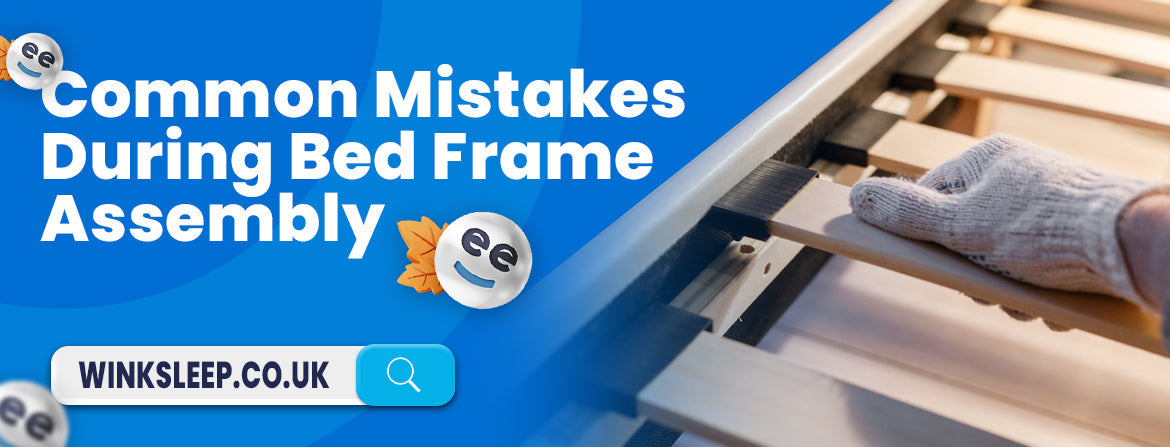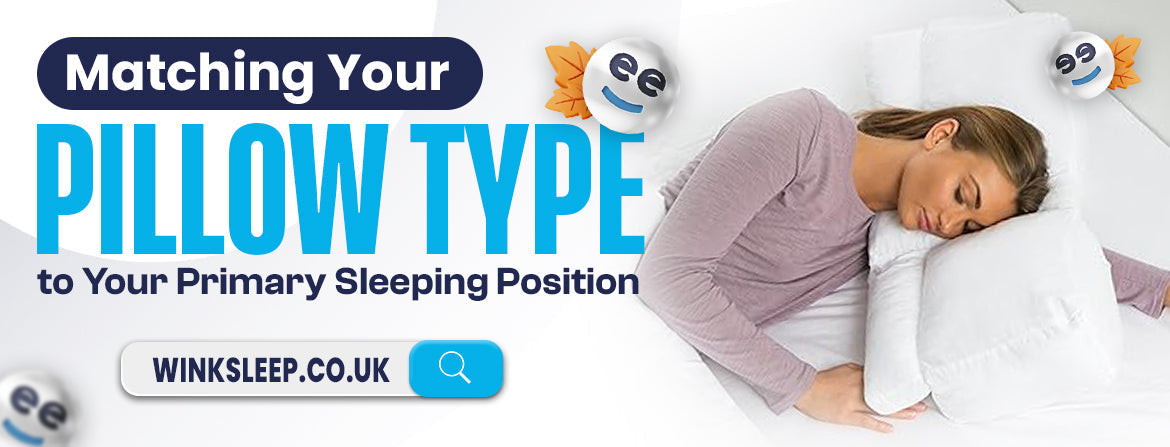Divan beds are known for being sturdy and generally quieter compared to other bed types. Their solid base construction, typically covered in fabric or padding, helps minimise noise by eliminating the friction in slatted or metal frames.
However, divan beds can become noisy due to loose fittings, age, or mattress movement. Regular checks on joints and bolts, as well as using non-slip mattress pads, are advised to maintain a noise-free divan. Overall, a well-maintained, quality divan bed is a reliable, quiet choice for restful sleep.
Why Beds Make Noise?
Beds can become noisy due to various reasons:
- Material: Metal frames may creak more than wood or fabric-covered bases.
- Joints and Connectors: Loose screws or poorly constructed joints can contribute to noise.
- Age and Wear: Beds may start to creak over time as they wear down.
Are Divan Beds Noisy?
Divan beds are generally known for their sturdiness and low noise levels. Here's why:
- Construction: Divan bases are usually made of wood and covered in fabric, minimising metal-on-metal contact.
- No Moving Parts: Unlike slatted bases, divans typically feature a solid top, reducing potential noise sources.
- Tight Fittings: High-quality divans are often constructed with reinforced joints and secure fittings, contributing to their stability.
Factors That Could Make Divan Beds Noisy
- Loose Fittings: Bolts or screws that are not adequately tightened can create noise.
- Base Type: Cheaper divan bases or those made with lower-quality materials may become noisy over time.
- Mattress Movement: A mattress without non-slip pads may shift and make noise against the base.
Tips for Maintaining a Noise-Free Divan Bed
- Regular Maintenance: Check and tighten any bolts or screws periodically.
- Quality Selection: Invest in a high-quality divan bed with sturdy construction.
- Anti-Slip Solutions: Use non-slip mattress pads to prevent shifting.
- Proper Weight Distribution: Ensure the bed is on an even surface to avoid pressure points that could cause squeaks.
To choose the perfect divan bed, consider the following:
- Quality of Construction: Consider solid wood frames and durable fabric coverings to ensure longevity and noise reduction.
- Storage Options: Divans often come with built-in drawers or ottoman-style storage, adding functionality to your space.
- Size and Comfort: Select a size that fits your bedroom while providing ample sleeping space.
- Mattress Compatibility: Make sure the bed base complements your chosen mattress for optimal comfort and support.
Are divan beds noisy compared to other bed types?
Divan beds, such as metal or slatted frames, are generally quieter than other bed types. Their sturdy, solid base design helps minimise friction and reduces the joint squeaks or creaks associated with different frame types.
Unlike metal beds, which may make noise due to joints and bolts, or wooden slatted beds where slats can shift, divan beds have a compact structure covered in fabric or padding that absorbs sound. If the fittings are well-maintained, divan beds provide a peaceful, noise-free sleeping experience.
Comparison with Other Bed Types
- Metal Frames: Prone to creaking, especially over time as joints loosen.
- Wooden Bed Frames: They can be quiet, but the quality and assembly of the furniture affect noise levels.
- Platform Beds: Similar to divans but may vary in noise levels based on construction.
Are certain mattress types noisier on a divan bed?
Yes, certain mattress types can be noisier on a divan bed. Spring-based mattresses may be slightly noisier due to internal coils, while foam mattresses are typically quieter. For example, innerspring or hybrid mattresses that contain coils may produce slight sounds due to internal movement when weight shifts.
On the other hand, foam mattresses, such as memory foam or latex, tend to be much quieter since they lack internal metal components. Combining a divan bed's solid base and a non-coil mattress generally results in minimal noise, making foam mattresses a popular choice for those prioritising a silent sleeping environment.
Also read: Metal or wooden bed frames, which one is better?
Conclusion
In conclusion, divan beds are generally quieter than other bed types, thanks to their solid construction and minimal moving parts. While some noise can occur due to loose fittings or mattress movement, regular maintenance can significantly reduce these issues.
Choosing the right mattress, such as a foam option, can further enhance the quietness of your sleeping environment. Overall, with proper care, divan beds provide a peaceful and comfortable night's sleep without unnecessary noise distractions.
FAQs
Are divan beds noisy compared to other bed types?
No, divan beds are generally quieter due to their solid base, which reduces friction and squeaking.
What causes noise in a divan bed?
Noise can result from loose bolts, worn-out joints, or the mattress shifting.
How can I prevent my divan bed from making noise?
Regularly check and tighten fittings, and use anti-slip pads to keep the mattress in place.
Are older divan beds more prone to noise?
Yes, components may wear down over time, increasing the likelihood of noise.
Can adding a mattress topper help reduce noise?
Yes, a mattress topper can help reduce movement and friction, which may minimise noise.
How do I know if my divan bed needs repair?
If you hear creaking or feel the frameshifting, it might be time to inspect and tighten fittings or replace worn-out parts.
Does bed frame material affect noise?
Divans are typically quieter than metal frames due to their fabric-covered, solid wooden structure.
 Build Your Bed
Build Your Bed
 Request FREE Swatches
Request FREE Swatches
 Fast Delivery on Every Product
Fast Delivery on Every Product  Klarna 0% Finance
Klarna 0% Finance  5 Year Manufacturer's Guarantee
5 Year Manufacturer's Guarantee 










